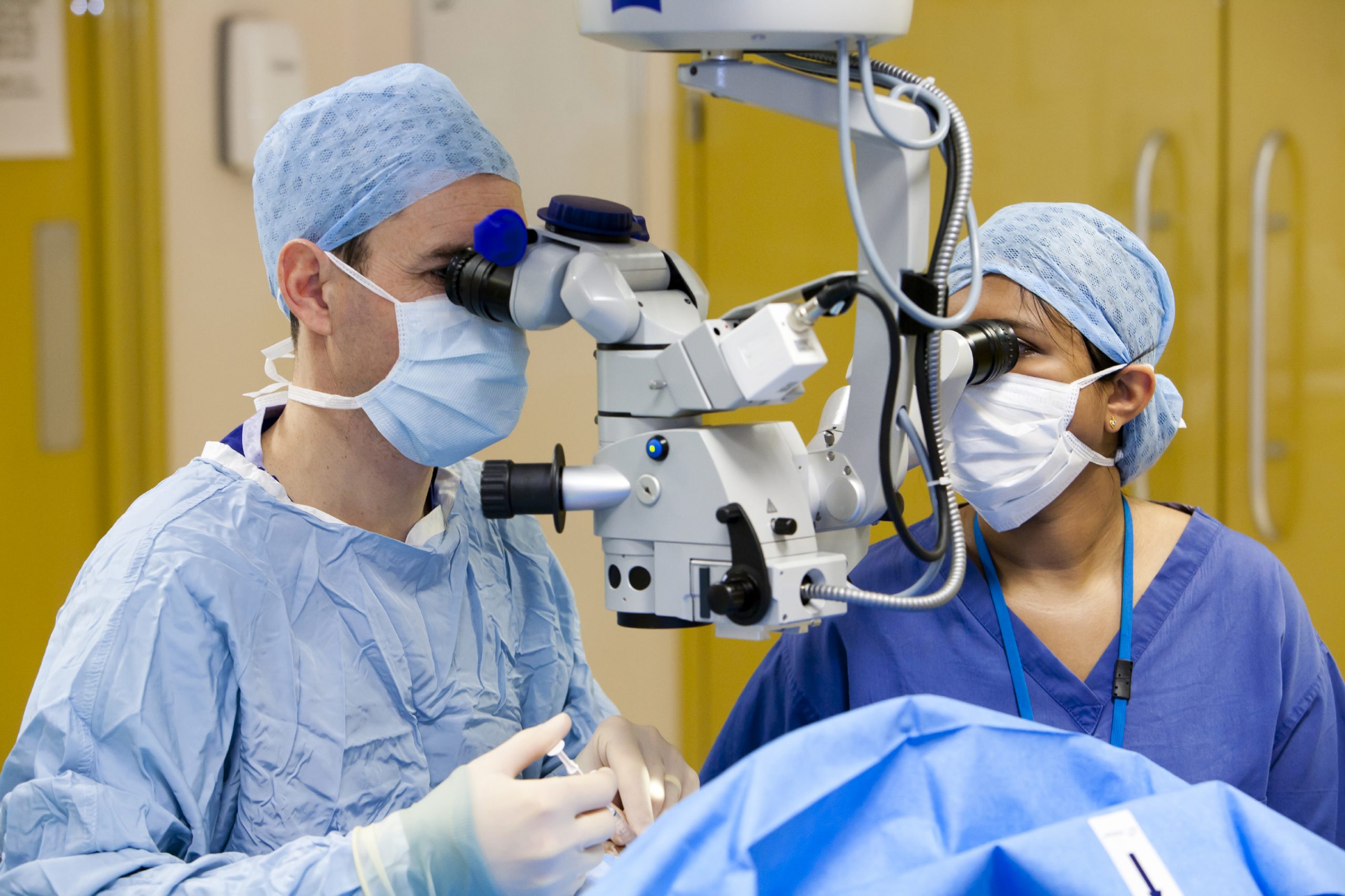According to Richard Smith, gynaecologist at Queen Charlotte’s and Chelsea Hospital in London, the first womb transplants are set to take place by the end of 2018. In 2015, 10 of these transplants were authorised with uteri harvested from “beating-heart cadaver donors”. From now on, the medical team will use uteri from deceased or living donors. The living donors should preferably be relatives, i.e. the mother or sister of the recipient.
After six months, provided that there are no complications following transplantation, the woman’s frozen embryos will be implanted. Throughout transplantation and pregnancy, the woman, who is entitled to two attempts, will be required to take immunosuppressive drugs to prevent graft rejection.
Currently, funding has been granted for only three of the fifteen scheduled transplants.
Following the preliminary selection process, the team was in contact with 50 potential recipients, but 750 women expressed an interest in this technique. Some of them had relatives who wanted to donate their uterus.
In the UK, 6,000 women are born without a womb or lose their uterus to cancer.
Womb transplants have been performed in 10 countries[KR1] to date: Saudi Arabia, Turkey, Sweden, US, China, Czech Republic, Brazil, Germany, Serbia and India. 42 women underwent womb transplants and gave birth to 11 babies, including 8 in Sweden.
For further reading:
ABM seminars, hand transplants, uterus transplants: a progress report
First uterus transplants in France within a year
USA: second baby born after uterustransplant
Living donor uterus transplant – clinical trial authorised in France
Delayed reproduction: ageing of uterusconfirmed in mouse study
India: two women undergo uterustransplants
Artificial uterus or placenta?Research goes back to the 1950s
BBC, Fergus Walsh (05/06/2018)

